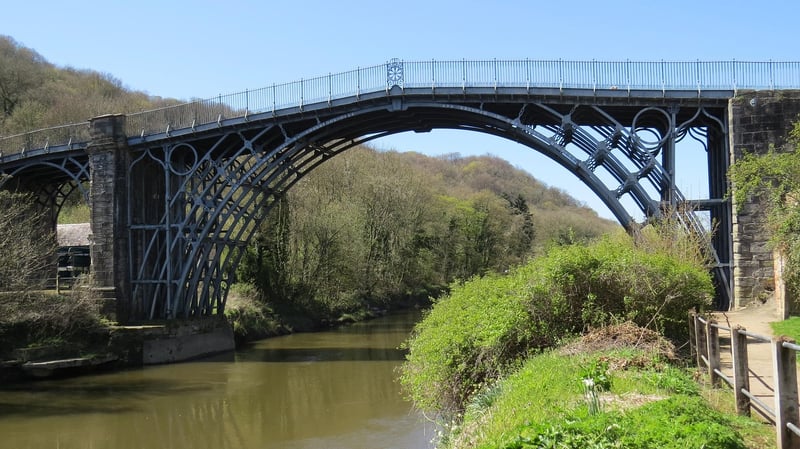Industrial Revolution
Exploring the Past: The Industrial Revolution
The Industrial Revolution was a period of profound technological, economic, and social change that began in the late 18th century and transformed the way people lived and worked. It marked a shift from agrarian economies to industrialized societies, ushering in a new era of mechanization and urbanization.
Key Features of the Industrial Revolution:
- Rapid industrialization and the rise of factories
- Invention of steam power and the steam engine
- Development of new transportation systems, such as railways
- Growth of urban centers and mass migration from rural areas
- Expansion of international trade and colonization
Impacts of the Industrial Revolution:
The Industrial Revolution had far-reaching effects on society, economy, and culture:
- Increased productivity and efficiency in manufacturing
- Rise of industrial capitalism and the factory system
- Improvements in infrastructure and communication
- Urbanization and the growth of cities
- Social inequalities and labor exploitation
Legacy of the Industrial Revolution:
The Industrial Revolution laid the foundation for modern industrial economies and shaped the world we live in today. Its legacy includes:
- Ongoing technological advancements and innovation
- Global interconnectedness through trade and commerce
- Environmental challenges due to industrialization
- Social reforms and labor movements in response to working conditions
Exploring the Industrial Revolution Today:
While the Industrial Revolution is a historical period, its impact continues to resonate in the present. By studying this era, we gain insights into the roots of modern industrial society and the challenges it poses for the future.

To delve deeper into the history and significance of the Industrial Revolution, consider visiting museums, reading books on the topic, or exploring online resources that offer detailed insights into this transformative period.
Let us continue to learn from the past to shape a better future.
